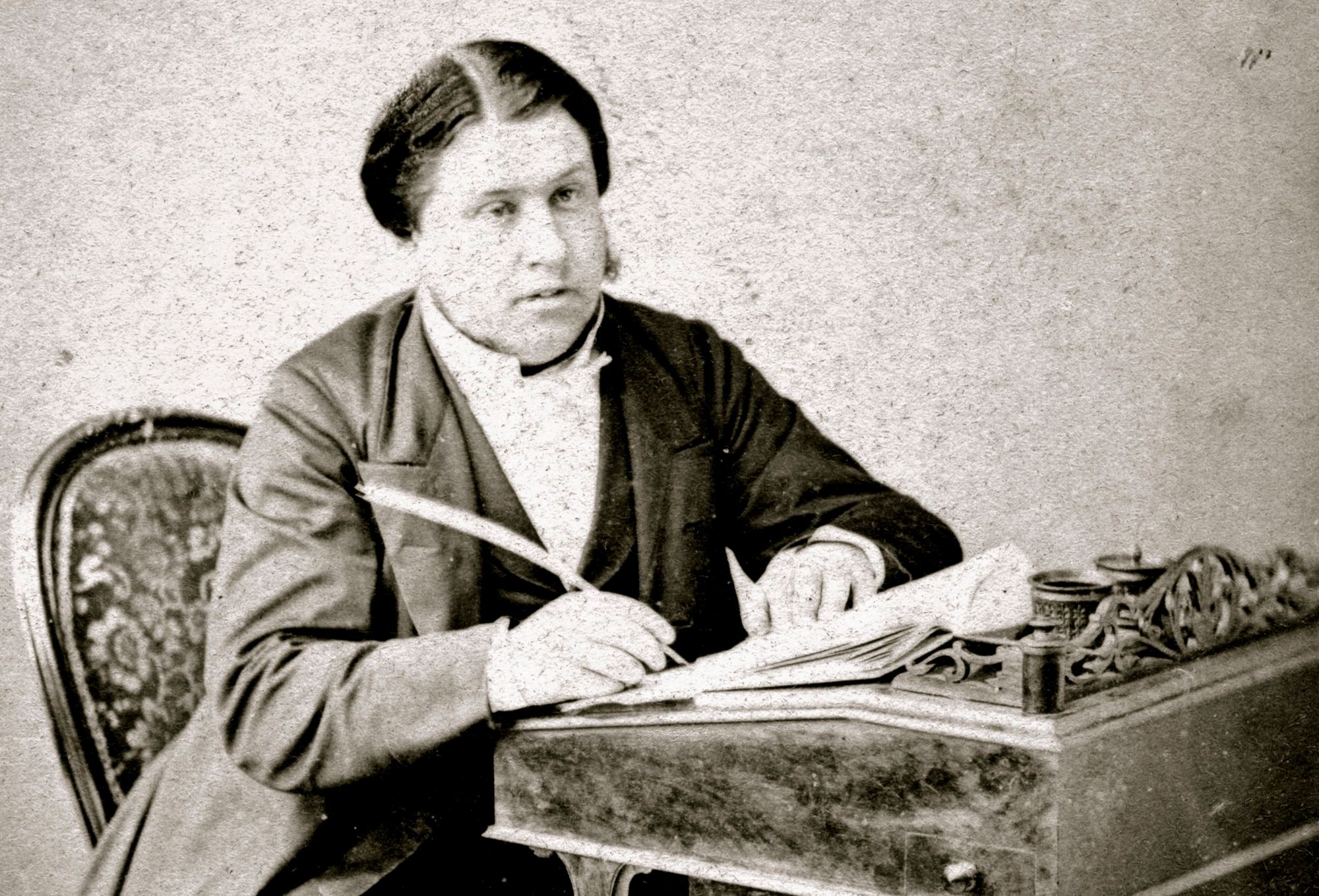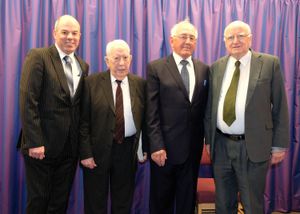One of the ways in which older writers sometimes illustrate the presence of cross purposes in our lives is from the workings of a clock, or a watch. ‘Cross purposes’ are those providences which seem to run contrary to us, and for which we can see no apparent meaning at the time.
If we look into the back of a watch, or a clock, we will see that there are some wheels which go in the opposite direction to the others. These forward and reverse movements are absolutely necessary for the workings of that timepiece.

With the advent of the digital watch and clock, the illustration may come to lose its point, but for the present time, it still serves us well. God alone knows what is required for our proper functioning in this life, and as surely as that instrument on our wall or mantelpiece requires its cogs and wheels to turn in opposite directions, so our lives require the cross purposes and providences that sometimes come our way.
Needless to say, this is not an easy lesson to learn and remember all our lives, but it is a very essential exercise for all that. Some years ago a philosophy for life was introduced under the title of ‘The power of positive thinking’. It was, of course, unadulterated humanism and rightly dismissed by those who were true believers in Jesus and his Word. However, there is a power in positive spiritual thinking that is not to be overlooked, but employed by us in every area of our lives; not least with regards to the business of cross purposes, or cross providences. It will always serve us well to be able to see a positive ultimate purpose in everything that we are confronted with in the course of our Christian existence.

One believer of the past who seems to have had an uncanny knack for doing that kind of thing was Charles Haddon Spurgeon. In a sermon that he once preached on the subject of death and resurrection he gives a good example of the process. The sermon is from 1 Corinthians 15:20: ‘But now is Christ risen from the dead, and become the firstfruits of them that slept.’ The point he makes is that even the thought of death itself can he turned to good advantage, when we apply the positive sides of that event in the right direction. We are all aware, as believers, of the ultimate positive outcome of death for us, of course; but see how the old tabernacle preacher introduces an added dimension that may not have occurred to some.

The text tells us that Christ is ‘the firstfruits of them that slept’. Some believers take very great delight in the hope that they may be ‘alive and remain’ at the coming of Christ, and so never die. I confess that I greatly rejoice in the hope that Christ will come; but the prospect of never dying has no sort of charms for me, for methinks those who never die lose a great privilege — for Christ is the firstfruits of them that slept. So, then, it is a blessed thing to sleep in Jesus, so that Christ might be to us in that relationship of firstfruits. Those who never die can hardly know so much of fellowship with Christ in his death as those who fall asleep in Jesus. Those who feel the pin’s prick of the dart of death will be able to say in eternity, ‘I too passed through the grave. He was with me passing through the valley of the shadow of death and a resurrection, even as did my Lord.’ Happy they who die! They who are alive and remain shall not precede them in any privilege or honour.
Surely that is positive spiritual thinking. Even for the strongest of saints, the prospect of death can be a daunting prospect at times. It is, after all, the ‘last enemy’; and even though the ‘sting’ has been removed for all those who are in Christ, it is still a mighty dragon capable of making us stand in awe of its approach. But even that ‘most ill providence’ of all, as we might think, is but the ultimate cross purpose that brings us to God for ever. If God, then, can cause us to see even that as part of the workings of ‘all things that work together’ for our good, then, indeed, we may see all things working in that ultimate direction — even the things that seem to go backwards!
















